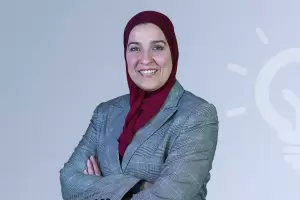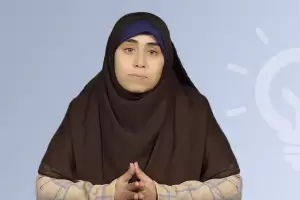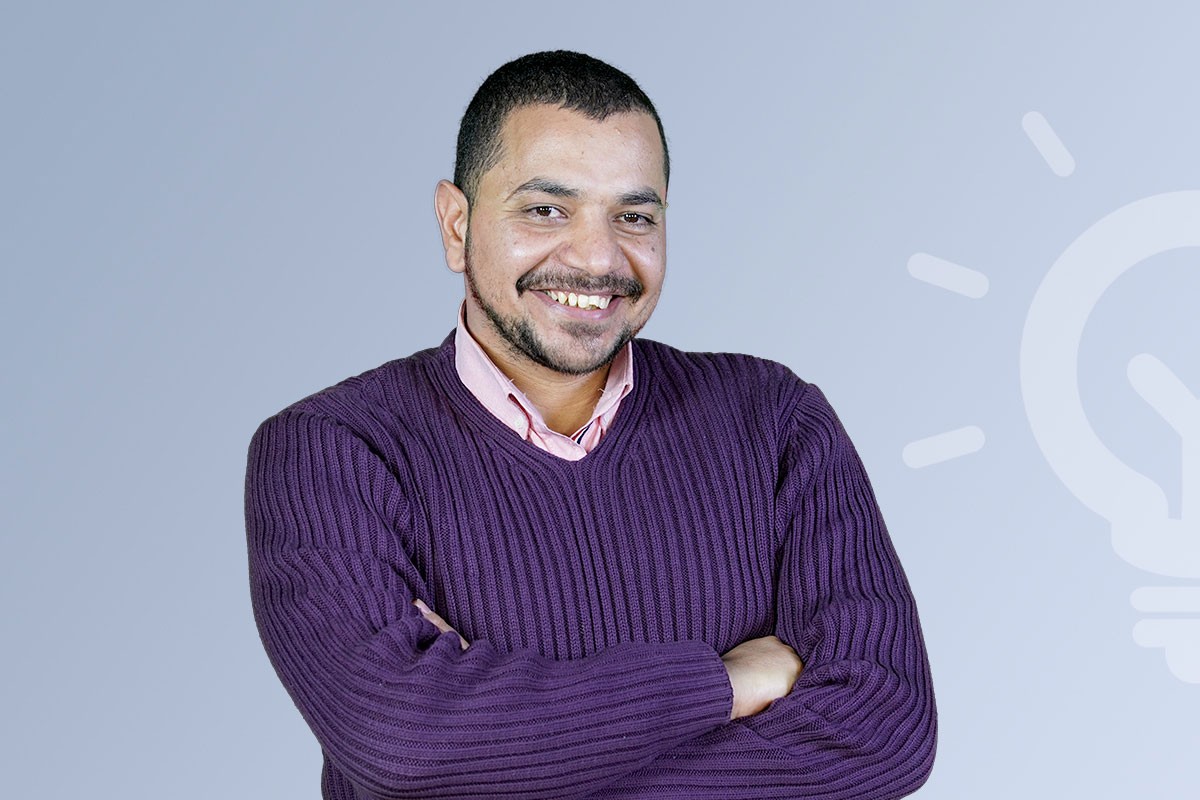You Will Learn
- Understand the meaning of advice (especially the customer-centered type)
- Learn about the characteristics of a good processor
- Identify basic counseling skills:
- Presence skill
- Active listening skills
- Question and survey skill
- Problem solving skills
- Principles of client centered psychotherapy
- Stages of the counseling process
Description
These are basic skills for any doctor or psychiatrist, whatever the school he will practice or apply, such as cognitive behavioral therapy, dynamic therapy, psychodrama, or other different treatment schools. This course is considered a basis for communication and understanding between the therapist and the client.
During this course, we will learn and understand many concepts such as:
Meaning of advice, stages of the counseling process, counseling relationship teams, and other relationships theoretical bases of Carl Roger and his school is client-centric therapy and the most important therapeutic principles characteristics of the processor / good mentor and vice versa
We will also learn many skills, the most important of which are:
Attendance skill: It is the use of physical expressions such as smile, lean forward, eye contact, gestures, and head movement to convey a message of interest and openness to what the client says
The skill of open questions and question selection: Open questions encourage answers earlier than one or two words, help in gathering information, increasing clarification, stimulating thinking, and creating a space for discussion.
Presence skill: It means that you put yourself in the client’s place while preserving your objectivity, and this requires the Marshal to have a subtle understanding of feeling not judging what he hears.
Replay skill: It means using different words to paraphrase what the client said in a neutral way. This helps the client to realize that the mentor understands his point of view and that he listened well to what he said. The paraphrasing also allows the correction of any misunderstanding the mentor has.
Effective listening skill: It included returning part of what the client said, rewriting, showing presence, and returning the spoken and non-spoken feelings to the client.
Accreditations

Basic Counseling Skills
Some lectures will remain locked until you watch the previous ones.04:33
06:41
03:10
03:32
05:43
06:10
07:44
04:55
05:03
05:27
07:09
07:09
09:39
08:06
09:32
07:01
Recommended courses

Dr. Ahmed Sawahel
Developing Effective Parenting Skills
Last updated :
Developing Effective Parenting SkillsChild education is a job whose primary goal is to build the personality of a son or daughter, and this may be the most important job in a person’s life. And like any job, it requires pre-and post-training and qualification....

Dr. Ahmed Sawahel
Burnout and Self-Care for Healthcare Providers
Last updated :
Burnout and Self-Care for Healthcare ProvidersMedical job-related stress is a common issue that faces all healthcare providers on different levels. Physicians, Psychiatrists, Psychologists, pharmacists, dentists, nurses & other healthcare providers have to understand what burning out, secondary trauma stress STS, vicarious trauma means, their causative...

Dr. Shewikar El Bakry
Autism Spectrum Disorder: What You Need To Know
Last updated :
Autism Spectrum Disorder: What You Need To KnowAutism spectrum disorder (ASD) is receiving much more attention than in the past. It has been portrayed in several movies and documentaries. ASD is a developmental disability defined by diagnostic criteria that include deficits in social communication and social interaction...

Dr. Heba Hamdy
CBT for PTSD & Anxiety in Children
Last updated :
CBT for PTSD & Anxiety in ChildrenAnxiety is considered a common disorder in child psychiatric clinics, but it is usually difficult to be diagnosed because it is an internal disorder and the child cannot describe his symptoms accurately. You will learn evaluation, measurement, differential diagnosis of...



